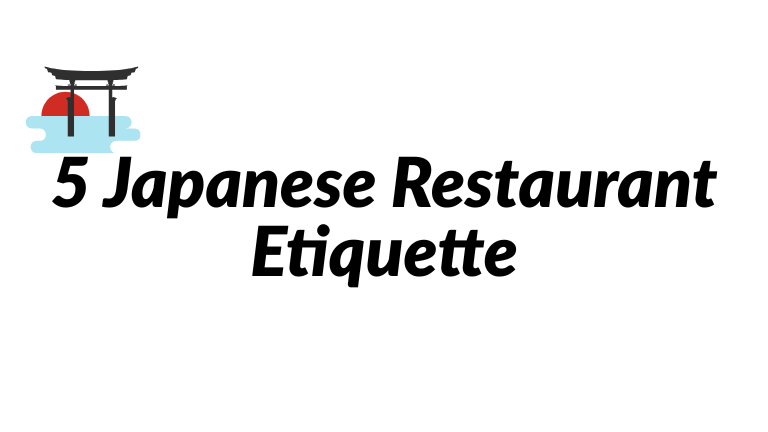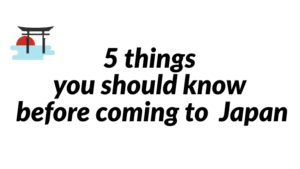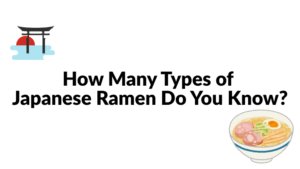Are there any specific rules when dining in a Japanese restaurant?
Yes, there are.
Japan’s restaurant culture is quite different from many other countries.
Before you visit Japan, take a few minutes to understand these simple yet important dining rules — it will help you enjoy your meals more and avoid cultural misunderstandings.
1. Greeting When You Enter and Leave
When you enter a Japanese restaurant, the staff will greet you with “Irasshaimase!” (Welcome!).
When you leave, they will say “Arigatou gozaimasu” (Thank you very much).
📌 You don’t need to reply — a smile is enough.
But when you leave, it’s polite to say “Gochisousama deshita” (Thank you for the meal).
This shows your appreciation to the restaurant staff and is considered good manners.
Also, when entering, just let the staff know how many people are in your group.
2. Free Tap Water & No Tipping
In Japan, tap water is always free in restaurants — no need to ask for bottled water unless you prefer it.
Another big difference: There’s no tipping culture.
You don’t need to leave any tip, and in many cases, the staff won’t accept it.
Also, unlike in some countries, waitstaff are not assigned to specific tables, so feel free to ask any staff member if you need help.
3. Call the Staff When You Need Help
In Japanese restaurants, the staff won’t come unless you call them.
If you need to order or request something:
- Use the call button on your table (common in chain restaurants),
- Or simply raise your hand and say, “Sumimasen!” (Excuse me!).
📌 Don’t wait for the staff to come over — it might take a long time if you don’t call them.
This is perfectly normal and not considered rude in Japan!
4. One Person = One Order
In many other countries, people often share a few dishes among the group.
But in Japan, especially in casual restaurants or ramen shops, it’s expected that each person makes at least one order.
Some restaurants may even ask you to order something if you haven’t — it’s part of their policy.
5.Finish All Your Food
In some cultures, leaving a little food shows that you are full or satisfied.
But in Japan, finishing your plate is a sign of respect to the chef and the restaurant.
If you leave food behind, staff may assume you didn’t enjoy the meal or something was wrong.
So try to eat everything — it shows your appreciation.
Japanese food culture is unique, polite, and efficient.
By following these simple rules, you’ll not only enjoy your meal but also gain the respect of locals.
Whether you’re eating at a small ramen shop or a fancy sushi restaurant, these dining tips will help you feel more confident and comfortable in any Japanese eatery.










コメント